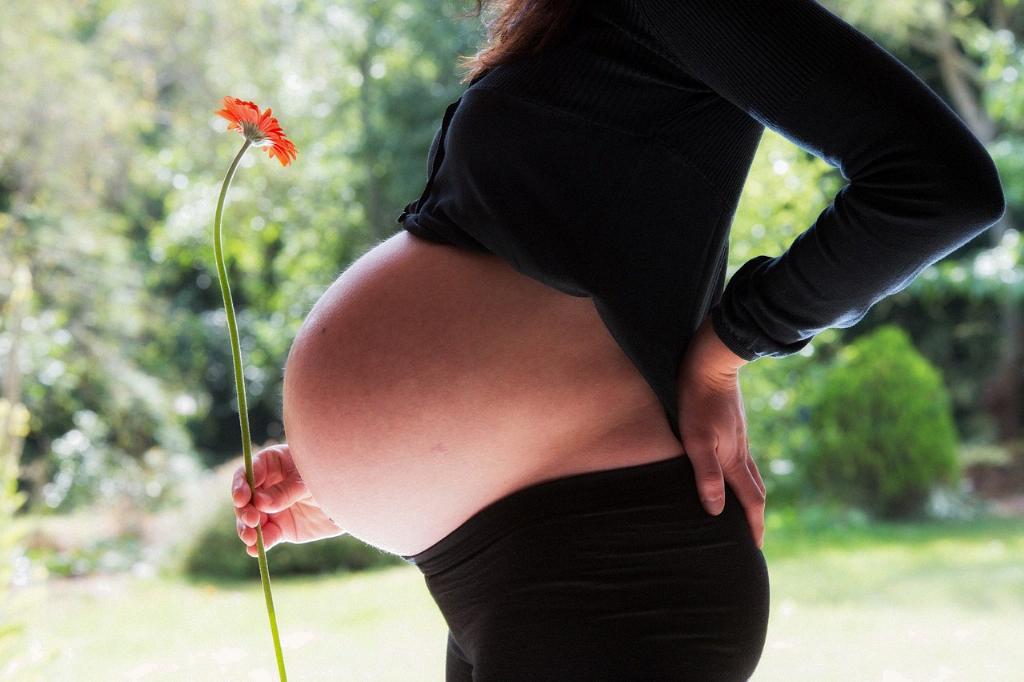Addressing the intriguing question of whether there have been instances of babies being born after hysterectomy is crucial in understanding the complexities of human reproduction. While pregnancy following a total hysterectomy is an exceptionally rare occurrence, there have been documented cases, shedding light on the remarkable resilience and adaptability of the human body.
Reviewing the Existing Literature
The topic of post-hysterectomy pregnancies has been extensively explored by researchers such as Hanes in 1964 and Niebyl in 1974. Through their investigations, in conjunction with the detailed case study by Sims and Letts in 1974, a total of 22 pregnancies following hysterectomy have been identified, underscoring the unpredictable nature of reproductive outcomes.
Understanding the Medical Implications
From a medical perspective, the concept of a baby being born after a hysterectomy challenges conventional understanding. The absence of the uterus, which is typically removed during a hysterectomy, raises questions about where the fertilized egg implants and how a pregnancy can progress in such circumstances.
Exploring Unconventional Pregnancy Paths
While the occurrence of pregnancies post-hysterectomy defies traditional medical expectations, each documented case provides a unique insight into alternative pathways to conception. The resilience of the human body and its ability to adapt and overcome seemingly insurmountable obstacles are exemplified in these rare instances.
Factors Contributing to Post-Hysterectomy Pregnancies
Several factors may contribute to the rare phenomenon of babies being born after hysterectomy. These include the presence of residual ovarian tissue that continues to produce hormones essential for conception, as well as the potential for ectopic pregnancies or implantation in unconventional locations within the pelvic cavity.
Challenges and Risks Associated with Post-Hysterectomy Pregnancy
While the concept of pregnancy post-hysterectomy may elicit fascination, it also poses significant challenges and risks for both the mother and the developing fetus. The absence of the uterus can lead to complications during pregnancy, including the risk of premature birth, abnormal implantation, and potential maternal health concerns.
Medical Ethics and Decision-Making
The ethical considerations surrounding pregnancies after hysterectomy are complex and multifaceted. Healthcare professionals and expectant parents may face difficult decisions regarding the viability of such pregnancies, weighing the potential risks and benefits while prioritizing the health and well-being of both the mother and the unborn child.
Future Research and Case Studies
Given the rarity of post-hysterectomy pregnancies and the evolving landscape of reproductive medicine, continued research and case studies are essential to deepen our understanding of this phenomenon. Exploring the molecular and physiological mechanisms underlying such pregnancies can offer valuable insights into the innate complexities of human fertility.
Conclusion
In conclusion, while the occurrence of babies being born after hysterectomy remains a highly unusual and extraordinary event, the documented cases in medical literature highlight the remarkable capacity of the human body to defy expectations and embrace unconventional reproductive pathways. By delving into the nuances of these rare occurrences, we gain a greater appreciation for the intricacies of human reproduction and the enduring mysteries that continue to captivate both researchers and lay individuals.

